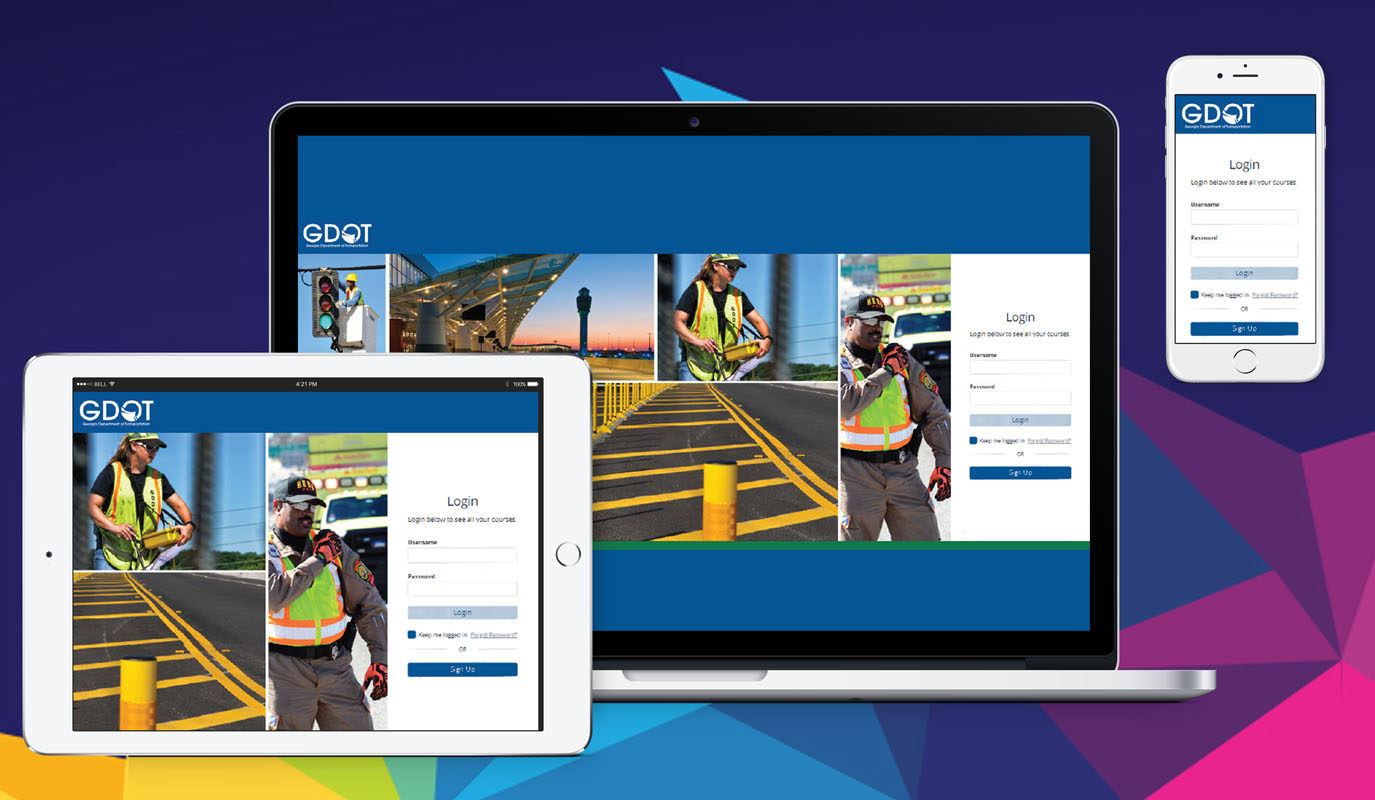Posted on Dec 13, 2023

Facilitating and tracking the professional development of transportation management personnel is no easy task. Fortunately, Global-5 offers extensive expertise in both launching and operating learning management systems (LMS) that deliver online and in-person education.
At its core, an LMS is a platform for the planning, delivery, management, and tracking of educational courses and training programs. LMSs are, of course, particularly relevant in the context of remote or online learning.
“An LMS can contribute significantly to the effectiveness, safety, and compliance of a transportation agency by providing a comprehensive platform for training and development initiatives,” Global-5 Senior Vice President and Director of Staff Operations (and resident LMS expert) Chris Addison said. “Although the initial setup is complex, these software applications and web-based technologies offer centralized and highly efficient management of the learning experience.”
Key benefits of an LMS within the transportation agency environment include:
- Safety Training: An LMS can facilitate the delivery of safety training courses to employees, ensuring that they are well-versed in safety procedures, emergency protocols, and compliance standards.
- Driver Training: For agencies managing a fleet of vehicles, an LMS can provide a platform for driver training programs. This can include courses on defensive driving, vehicle maintenance, and adherence to traffic laws — contributing to improved driver skills and safety on the road.
- Compliance Management: An LMS can help manage compliance by providing a centralized system for tracking and documenting training activities, ensuring that employees meet necessary certification requirements.
- Onboarding and Orientation: New hires need to quickly be acquainted with the organization’s policies, procedures, and operational protocols. An LMS can streamline the onboarding process by delivering standardized training materials and assessments.
- Continuous Professional Development: An LMS supports ongoing learning that keeps employees updated on the latest industry regulations, trends, technologies, and best practices.
- Efficient Training Administration: An LMS simplifies the administrative aspects of training with features like automated enrollment, tracking, and reporting. This efficiency is particularly valuable for transportation agencies that often have a large and dispersed workforce.
- Risk Mitigation: Proper training can reduce the risk of accidents, injuries, and regulatory non-compliance. An LMS contributes to risk mitigation and overall operational resilience by ensuring that employees are well-trained and up to date on safety procedures,
- Cost Savings: An LMS enables the cost-effective delivery of training materials and can be accessed by employees from different locations (especially useful for large organizations or those with multiple locations).
- Customization and Flexibility: An LMS provides the flexibility to create customized training programs that allow an organization to adapt content based on roles, locations, and evolving training requirements.
- Centralized Record Keeping: An LMS serves as a centralized repository for training records, making it easier to manage and track employee training history, and to complete audits, compliance checks, and reporting purposes.
LMSs play a crucial role in the modern education and training landscape. Learn how Global-5 can implement an LMS that addresses the specific training needs of your agency by contacting John Hamill at johnhamill@global-5.com or 407-571-6771.
